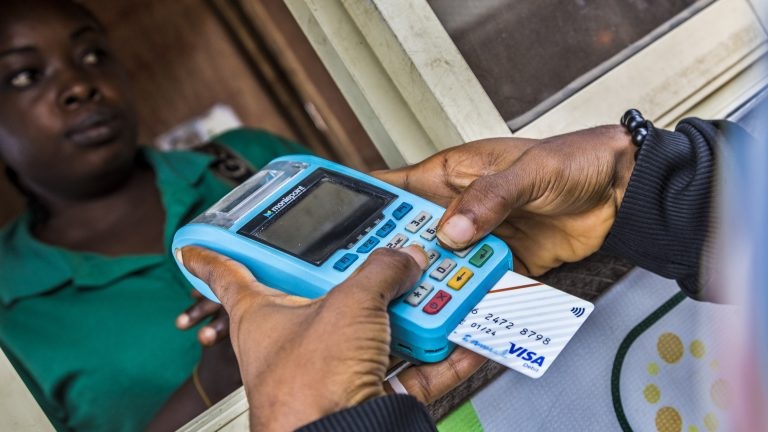
Electronic payment transactions in Nigeria is reported to have surged to N234.4 trillion in the first quarter (Q1) of 2024.
According to the report released by the Nigerian Interbank Settlement System (NIBSS), the value of electronic payment transactions grew year-on-year (YoY) by 89 percent from N136.2 trillion recorded in Q1 of 2023.
The data also showed that the value of NIBSS Instant Payment (NIP) recorded a high value of transactions, growing YoY by 90.8 percent to N236.46 trillion in Q1, 2024, from N123.9 trillion in Q1 2023.
Tekedia Mini-MBA edition 14 (June 3 – Sept 2, 2024) begins registrations; get massive discounts with early registration here.
Tekedia AI in Business Masterclass opens registrations here.
Join Tekedia Capital Syndicate and invest in Africa’s finest startups here.
From January to March, there was a steady rise in the amount of payment transactions carried out via various banks and fintechs in the country, as report revealed that the value of Mobile Money Operations (MMO) transactions grew by 87.8 percent to N17.11 trillion in Q1, 2024 from N9.11 trillion in Q1 of 2023.
Also, the value of Cheque transactions grew by 22 percent to N935.24 billion in Q1 of 2024, from N765.9 billion in Q1’23. However, the transaction value of PoS transactions fell year-on-year (YoY) by 8.09 percent to N2.61 trillion in Q1’24 from N2.84 trillion in Q1’23.
Financial experts disclose that the surge in e-payment transactions can be linked to the recent cash crunch experienced in the country and the cashless policy of the Central Bank of Nigeria (CBN).
Recall that when the CBN last year announced plans to redesign the old Naira notes, New notes were scarce in circulation as banks were rationing their release. On the other hand, PoS operators imposed exorbitant cash exchange charges.
This development compelled most Nigerians to adopt the electronic channels for payment of goods and services. Despite the ease of the cash crunch, a lot of them have maintained the electronic mode of payment as their preferred option.
Many of those who were forced to use either PoS or bank transfers during the period, have discovered that it is the fastest way to make payments without them going through the hassle of withdrawing cash from the bank or ATM before making payment.
Aside the cash scarcity experienced in March 2023, the revised cashless policy implemented by the CBN, which further limits the amount of cash that can be withdrawn from banks daily, has also been pushing e-payment growth. Many Nigerians are now getting used to mobile transfers, paying with PoS, USSD, among others.
Also, most businesses that do not accept mobile transactions, have now adopted transfer option as a means of payment. This implies that electronic transactions are expected to increase.
In line with this, it is interesting to note that six (6) commercial banks in Nigeria have ramped up their investment in information and technology (IT) by 44.66 percent, totaling N205.34 billion. This surge in spending corresponds with the increasing number of customers engaging in electronic transactions.
Financial statements from these banks also indicate a significant uptick in income from electronic transactions, rising by 43.73 percent to N331.61 billion. These figures underscore the notable evolution occurring in Nigeria’s payment landscape.



